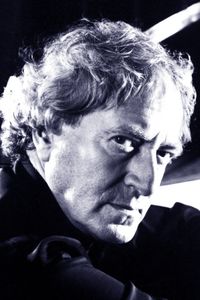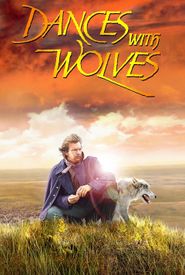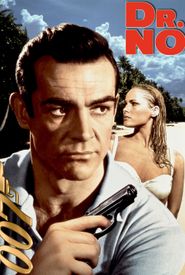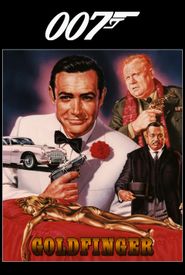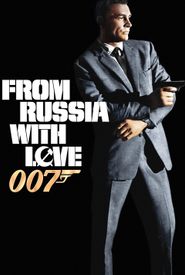John Barry was born in York, England in 1933, the youngest of three children. His father, Jack, owned several local cinemas, and Barry was capable of running the projection box at the Rialto cinema in York by the age of 14. Growing up in a cinematic environment, Barry assimilated the music accompanying films he saw nightly and decided to become a film music composer before leaving St. Peter's school.
Barry received piano and trumpet lessons locally and later learned music theory from tutors such as Dr. Francis Jackson of York Minster and William Russo, former arranger for Stan Kenton and His Orchestra. After serving in the army as a bandsman, Barry formed his own band, The John Barry Seven, and launched them through tours and TV appearances. A recording contract with EMI followed, and although initial releases failed to chart, Barry's talent showed enough promise to influence the studio management at Abbey Road to allow him to make his debut as an arranger and conductor for other artists on the EMI roster.
A chance meeting with Adam Faith on the BBC TV program Six-Five Special led Barry to recommend Faith for the later BBC TV series Drumbeat, and Faith's subsequent chart success with the song "What Do You Want?" was aided by Barry's arrangement. Barry and Faith continued to collaborate, and the John Barry Seven scored with hits like "Hit & Miss," "Walk Don't Run," and "Black Stockings."
Faith's acting ambitions led to his part in the film Wild for Kicks, which Barry scored. Although the film was not a cinematic masterpiece, it gave Faith a chance to demonstrate his acting potential, and Barry the chance to show his mastery of film music writing. Barry's reputation as an emerging talent was further solidified by his work on films like Never Let Go and The Amorous Mr. Prawn.
Noel Rogers of United Artists Music approached Barry to work on the music for the forthcoming James Bond film Dr. No, and Barry's relationship with actor/writer turned director Bryan Forbes led to collaborations on five subsequent films, including Seance on a Wet Afternoon, King Rat, and The Whisperers.
In the 1970s, Barry scored the cult film Walkabout, The Last Valley, Mary, Queen of Scots, and wrote the theme for The Persuaders!. He also turned down film scoring opportunities and lived in a remote villa in Majorca before receiving an invitation to write the score for the American TV movie Eleanor and Franklin. Barry eventually moved to America, where he married Laurie and had two children.
After adopting a lower profile in the late 1970s, Barry re-emerged in the 1980s with a string of successful film scores, including Body Heat, Jagged Edge, Out of Africa, and The Cotton Club. He continued to experiment and diversify, mixing larger budget commissions with smaller ones.
In the 1990s, Barry scored films like Dances with Wolves, Chaplin, and Indecent Proposal, and made compilation albums for Sony and non-soundtrack albums for Decca. He made a successful return to the concert arena, playing to sell-out audiences at the Royal Albert Hall, and re-united with Don Black to write his fifth stage musical, Brighton Rock.
Barry continued to appear at concerts of his own music, often making brief appearances at the podium. He was appointed Commander in the National Order of Arts and Letters in 2007 and was working on a new album, Seasons, at the time of his death in 2011.
